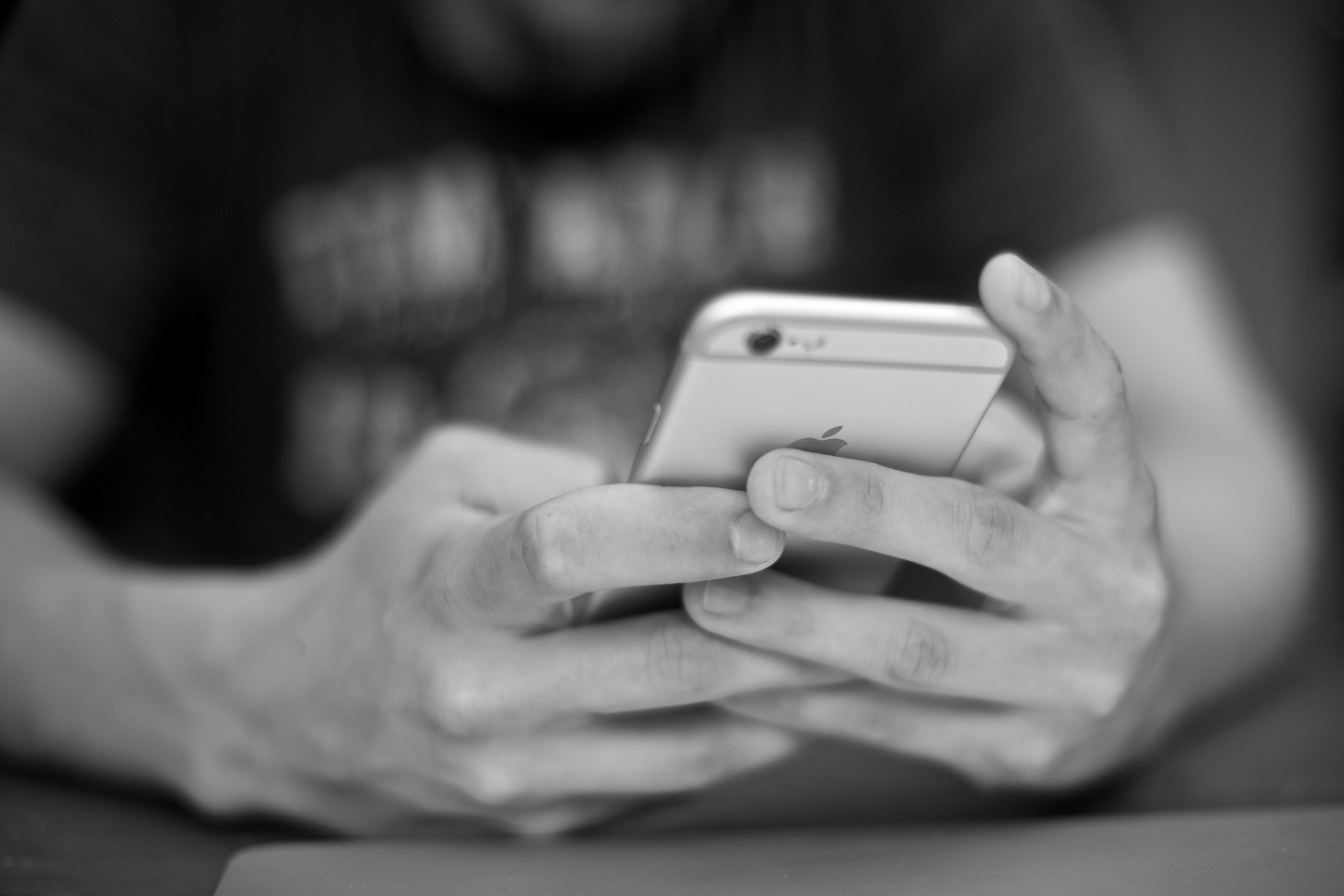For a sexual minority male living in a rural community, dating apps can be a useful way to find a potential partner. But these apps are not without risk.
According to a new study from the University of Georgia, sexual minority males, including gay, bisexual and trans-men, are likely to experience catfishing, bullying and coercion when using dating apps.
“The public health worry for so long has been dating app usage leads people to engage in more sexually risky behaviors, and I think that’s an important thing to look at, but that can’t be the only conversation we’re having,” said study author Carolyn Lauckner, an assistant professor of health promotion and behavior at UGA’s College of Public Health.
In recent years, dating app use has exploded, especially among sexual minority males – almost 8 in 10 gay men have reported using dating apps, and half of these users use dating apps frequently.
Much of the existing scholarship surrounding dating app use, says Lauckner, is focused on gay men living in large cities, but she wanted to know what it’s like using these apps in a rural setting, where being a sexual minority can be isolating.
Lauckner and her co-authors conducted 20 interviews with sexual minority males living in the rural South, and a few trends began to emerge from their responses. Catfishing and other forms of deception came up again and again.
“Deception is so commonplace within these dating apps that people just expect it, and they’re learning to strategize around it,” said Lauckner.
More worrying, some respondents who used dating apps as teens reported being sexually coerced by older men, and some respondents also reported occasions of bullying, discrimination and harassment.
While these experiences are not unique to sexual minority males, Lauckner notes that this group is at greater risk for adverse health outcomes, so the impact that dating apps can have on their sexual and mental health needs to be better understood.
For counselors or other support service providers who work with sexual minorities in rural communities, “it’s at least worth asking about their online dating experiences, and if they’ve been taken advantage of in some sort of way,” said Lauckner.
This study is a first step in understanding the risks associated with using dating apps in rural areas, but its findings suggest to Lauckner that more work needs to be done to promote safety in rural LGBTQ communities.
The paper, ““Catfishing,” cyberbullying, and coercion: An exploration of the risks associated with dating app use among rural sexual minority males,” published in the Journal of Gay & Lesbian Mental Health. It is available online here: https://www.tandfonline.com/doi/full/10.1080/19359705.2019.1587729.
– Lauren Baggett
Posted on May 6, 2019.
Additional coverage in the May 10, 2019 issue of the ASPPH Friday Letter.







